NATO has announced the release of its first-ever quantum strategy following approval by NATO Foreign Ministers on 28 November.
The strategy was summarised for the public on 17 January 2024. This initiative is set to prepare the Alliance for the anticipated impacts of quantum technologies on security and warfare.
The strategy details the application of quantum technology in defence and security sectors, focusing on areas such as advanced sensing, imaging, precision in positioning, navigation, timing, enhanced detection of submarines, and strengthening data communications through quantum-resistant cryptography.
The introduction of quantum technologies into the private sector, along with their strategic significance and competitive aspect, has prompted NATO to encourage cooperation with the industry. This is aimed at fostering a transatlantic quantum technologies ecosystem and equipping NATO to protect against potential harmful uses of these technologies.
Quantum technology forms part of several key technological fields prioritised by NATO Allies due to their significant defence and security impact. These include artificial intelligence, data and computing, autonomy, biotechnology, hypersonic technologies, energy and propulsion, novel materials, next-generation communication networks, and space.
In the realm of NATO’s innovation efforts, quantum technologies have been incorporated through the Defence Innovation Accelerator for the North Atlantic (DIANA). Six of the 44 companies involved in DIANA specialise in quantum technology, anticipated to contribute to advancements in cryptography, laser technology for satellite connectivity, and quantum-enhanced 3-D imaging sensors for undersea environments. Future challenge programmes under DIANA are also expected to significantly incorporate quantum technologies.


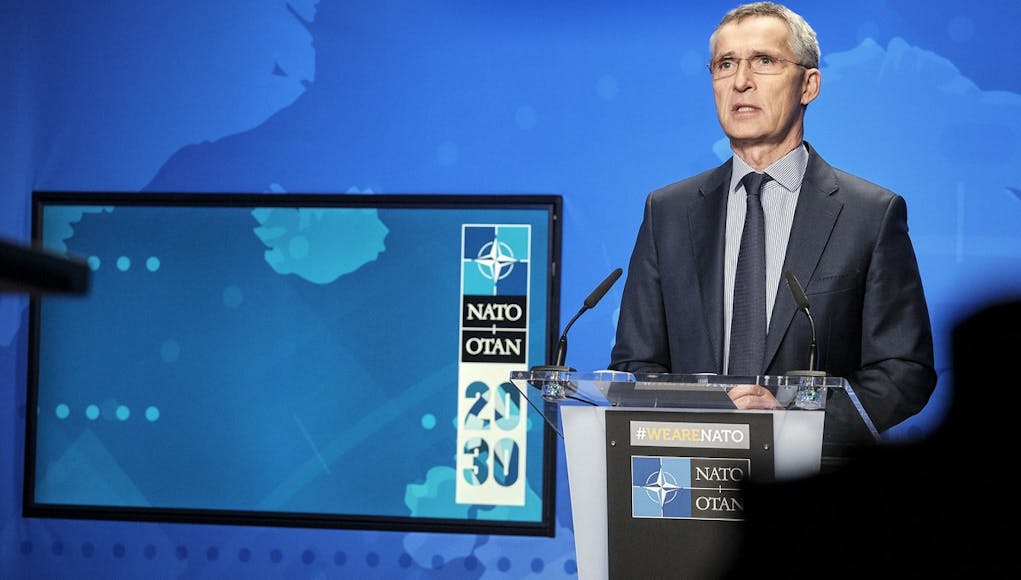

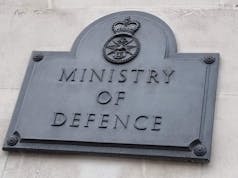

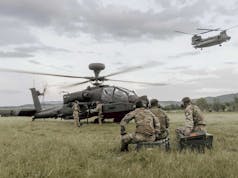

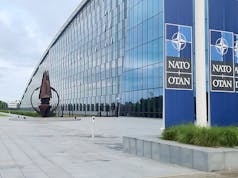
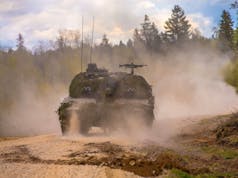

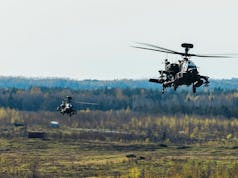


As a former physicist quantum technologies obviously going to revolutionize massively parallel computing, secure communications, optimisation algorithms and elements of undersea navigation etc. This has been known for some time (Paul Benioff, Yuri Manin and Richard Feynman postulated quantum computing algorithms). However, would I really make this a major announcement from NATO – not at all. Conventional defence issues like kit and people should really be at the top of their agenda and just let the quantum technologies aspect go on in the background. Is this going to make Russia and China quake – of course not as they are making their own progress in these fields anyway. Sadly though like most politicians and senior managers these days they focus on advanced technologies they don’t understand but sound impressive and high tech (like magpies collecting the next shiny chewing gum wrapping on the floor). Quite pathetic really in my humble opinion. NATO just get on with coordinating things and get alliance members to pay their full dues in terms of % of GDP spend on defence would be my statement. It’s actually the one thing that Trump did get right which is NATO countries need to contribute more to their defence rather than let the USA do all the heavy lifting. However, keep pontificating about advanced technologies to make you sound advanced….as a smoke screen for the threadbare European defence entirely reliant upon the USA.
yeah but its sounds good though dunnit….
Reminds me of the tech bubble stock market in the early 2000’s – A companys stock always rose when it issued any press release mentioning they were investing in ‘an internet presence’.
No matter how successful (or not) the company was at actually doing stuff…
An article over on Navy Lookout titled “Examining the state of the UK Carrier Strike Capability” is worth reading, painting a clearer picture of where we are today.
That’s good article on our CSC. We just need a bit of political will and energy (sadly lacking in the current government – I’m a former Conservative so it pains me to say that). Let’s hope when the inevitable Labour landslide that they act as grown ups (lots to ask but we have some truly awful politicians currently). If our politicians were even reasonable competent we would do well….but we are held back by this current crop of incompetents in parliament (across the board – Tory, Labour, Lib Dem, SNP etc).
Sadly landslides produce governments that have no need to negotiate with or please anyone.
I’ll expect all decisions to be made based on personal gain until it’s election season again.
Don’t be cray, we must have policies on Quantum, hypersonic, AI, laser beams and photon torpedoes and all other media buzz words otherwise no one will click on any of the stuff they write.
The internet does not want to know about a 155mm artillery policy that might actually have us cranking out something useful for Ukraine 😀
Uncertain re the manner in which this R&D initiative will interweave w/ similarly named AUKUS Pillar 2 program. Complementary? Duplicative? 🤔😳
Considering that the UK General Staff is saying that Conscription might be needed in a war against Russia but I don’t see it working as the UK and other European countries have far less manpower than they once did and people do not like the idea of being conscripted into a war they did not ask to fight
If you are attacked by say; Russia, it really doesn’t matter whether you asked the Russians to invade or not does it?
I can see its a discussion very worth having in the circumstances of both Ukraine and Israel v Hamas.
The generation of 1939 and 1914 before them have a lot to teach us in their writings and sacrifices.